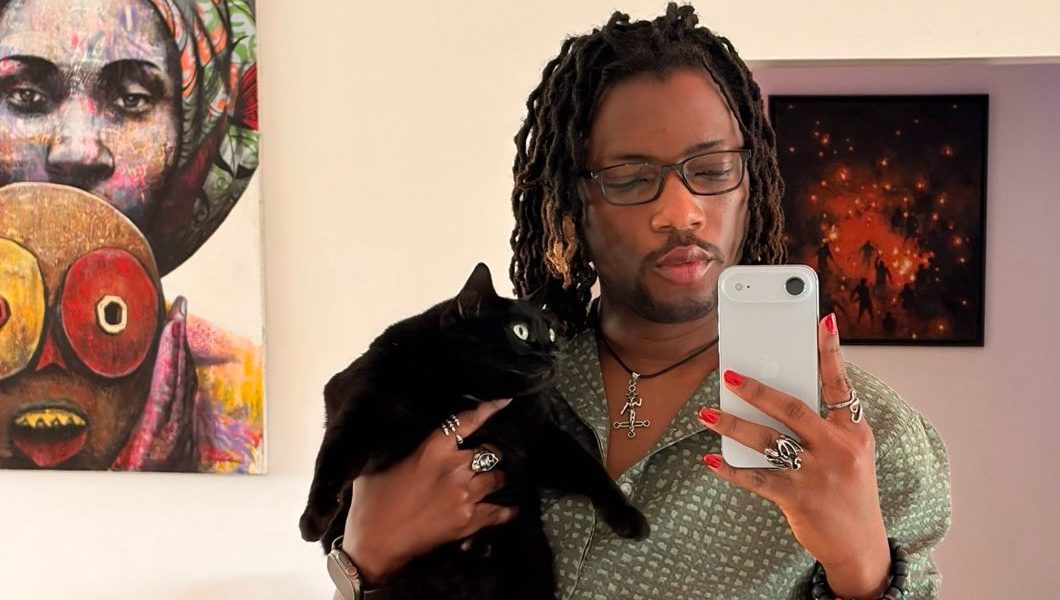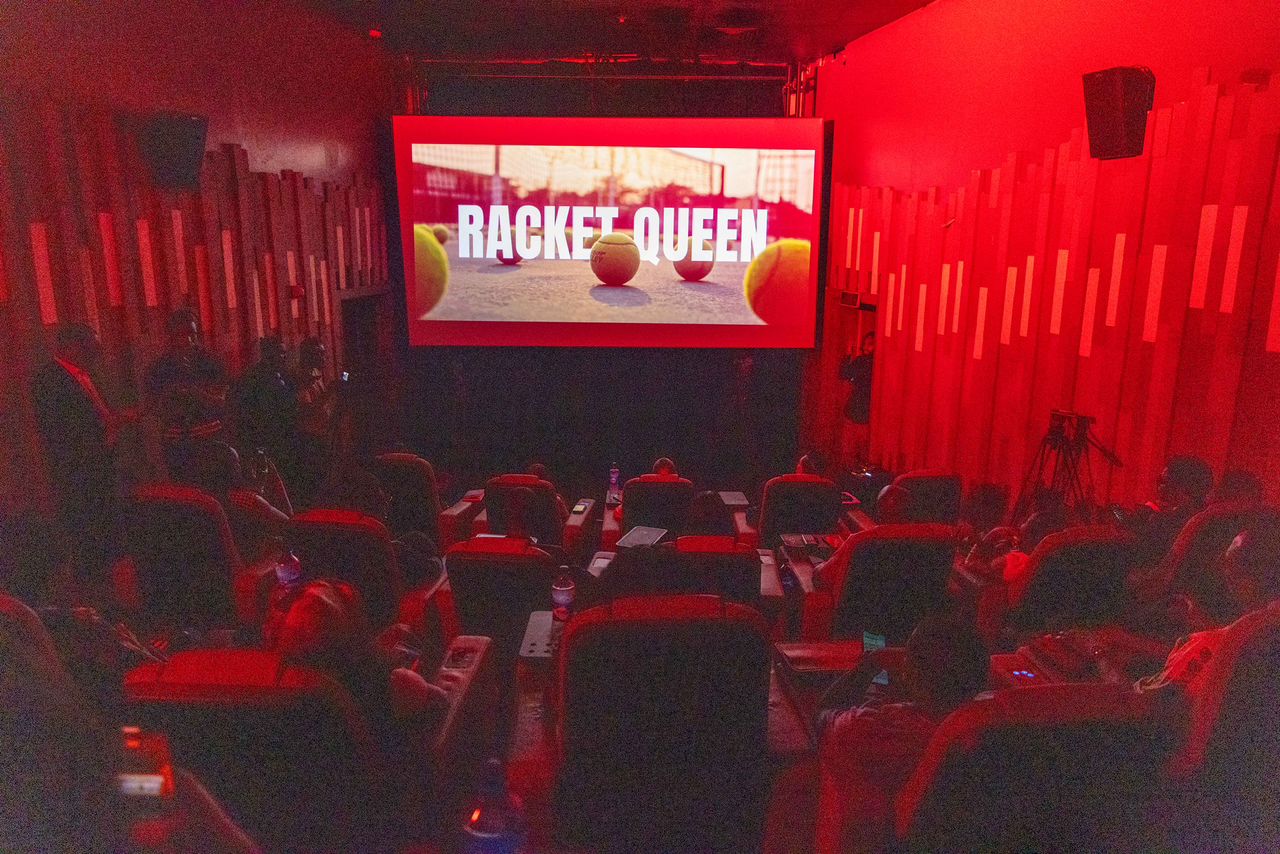By Aderinola Omotosho
Paystack has officially cut ties with its co-founder and former CTO, Ezra Olubi, after sexual misconduct allegations surfaced online and ignited a wave of backlash. The company says the decision was necessary to protect its reputation. Olubi says he wasn’t given a chance to defend himself. But for many watching, the content of his past tweets and the gravity of the allegations painted a picture loud enough.
The issue began after a social media user alleged that Olubi had sexual relations with a junior employee. But what truly pushed the situation into the spotlight were his resurfaced tweets from over a decade ago — comments that weren’t just immature, but explicitly sexual, careless about boundaries, and, in several instances, unsettling. They circulated widely, with people asking how someone who once tweeted things like that became a leader of one of Africa’s most prominent tech companies. The internet doesn’t forget, and his history caught up with him at full speed.
Paystack suspended him and announced a formal review. An investigation was promised — “independent,” “structured,” “fair” — but Olubi claimed in a personal blog post that he was fired before the review was completed and without any hearing. He framed it as a failure of due process. But outside the carefully worded statements, many are asking a different question: do his own words over the years already speak for themselves?
Olubi insists those tweets do not reflect the person he is today. He says people who know him would vouch for his conduct, and his legal team is now reviewing the termination process to decide whether Paystack followed its own rules. But for a growing number of observers, the argument about procedure is secondary. Leadership comes with weight. Influence comes with responsibility. And when a co-founder’s name becomes a reputational liability, especially in a regulated industry, a company has to choose between loyalty and survival. Paystack chose survival.
This moment isn’t just about one man losing a job. It’s a reminder that positions of power cannot exist without scrutiny, and the higher the role, the louder the accountability should be. The tech ecosystem often celebrates founders like visionaries, but what happens when the same founders fall short of basic standards? The allegations may still be under investigation — but the old tweets are not. They are public. They are documented. And they are part of the story, whether he wants them to be or not.
Right now, Paystack says the investigation continues. Olubi says he was treated unfairly. And the rest of the industry is quietly watching — not just to see how this ends, but to see whether African tech finally learns that being a leader isn’t just about building things, raising capital, or scaling teams. It’s about what you do with power when no one is watching — and what happens when the internet finds out anyway.





